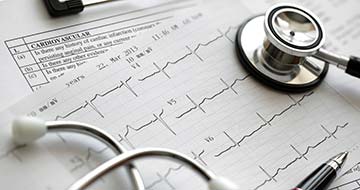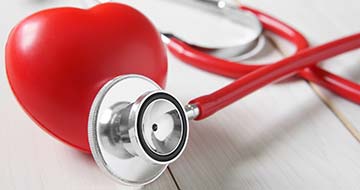These days you hear a lot about support groups for all sorts of situations and conditions, but what makes them so special? How are they helpful? And how do you find one that fits my needs? All great questions. Here’s a quick primer.
How do support groups work?
Finding others who are in similar situations - whether it be dealing with an illness, undergoing a surgical procedure, managing on-going treatment, or starting a rehabilitation program - can reduce stress and anxiety associated with the unknown. Support groups provide opportunities for participants to ask questions, share their concerns, and talk to people who truly understand their position and perspective far better than most. In addition to a greater level of understanding by those who’ve been there, support groups also communicate an important message: you are not alone. Another bonus of support groups is that members can provide helpful tips and advice on what to expect. Plus, they can offer reassurance based on personal experience. Sometimes just hearing “yes, that’s normal” from one who has been there can be extremely comforting.
What are some types of support groups?
There are support groups for people diagnosed with a specific type of cancer; new mothers and breastfeeding; children and teens undergoing treatment of an illness or other challenges, and for patients who are recovering from heart, brain, orthopedic, or reconstructive surgery. Rehabilitative-related support groups are available to people working to regain mobility after an injury or stroke. There are also support groups for those who are preparing for procedures.
What about support for family members?
Not only is it important for those experiencing life-changing events to find help and support, their support system can also benefit. Parents, spouses, caregivers, and others who share in the responsibility of another person can feel overwhelmed or experience higher than normal amounts of stress at times. Navigating available resources and decision-making for a loved one can be daunting as well. So having an opportunity to discuss their feelings with peers can help family members and others closely involved learn to cope with added pressure during difficult times. Besides learning best practices to successfully manage their family’s situation, they are also reminded and encouraged to care for themselves.
How do I find a support group?
Whatever condition or special need that life presents, there’s more than likely a support group for it. So if you or someone you know is facing some new challenges or considering a procedure and wants to discuss it, consider a supportive option. Like minds understand and are there for you, so no one has to go it alone.







